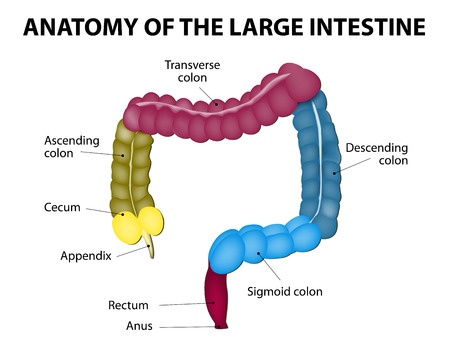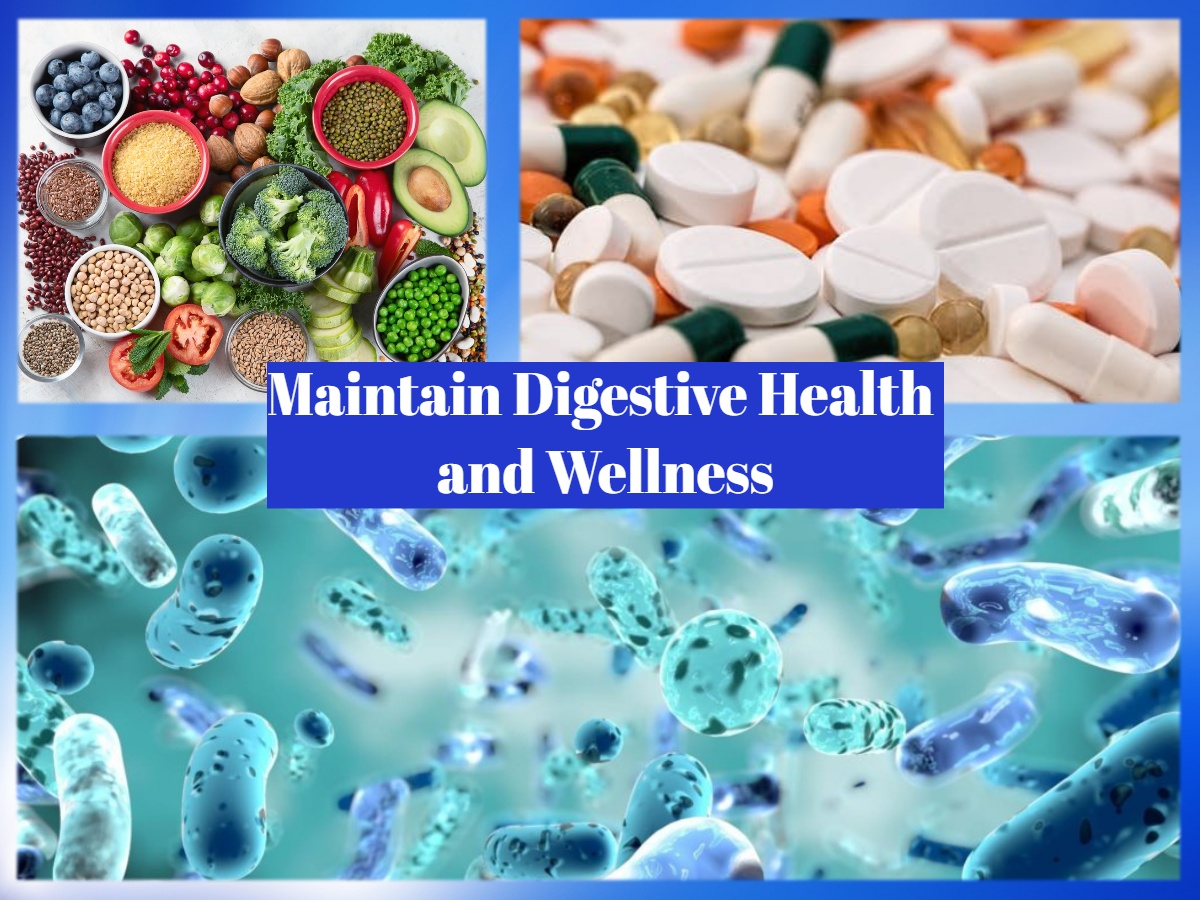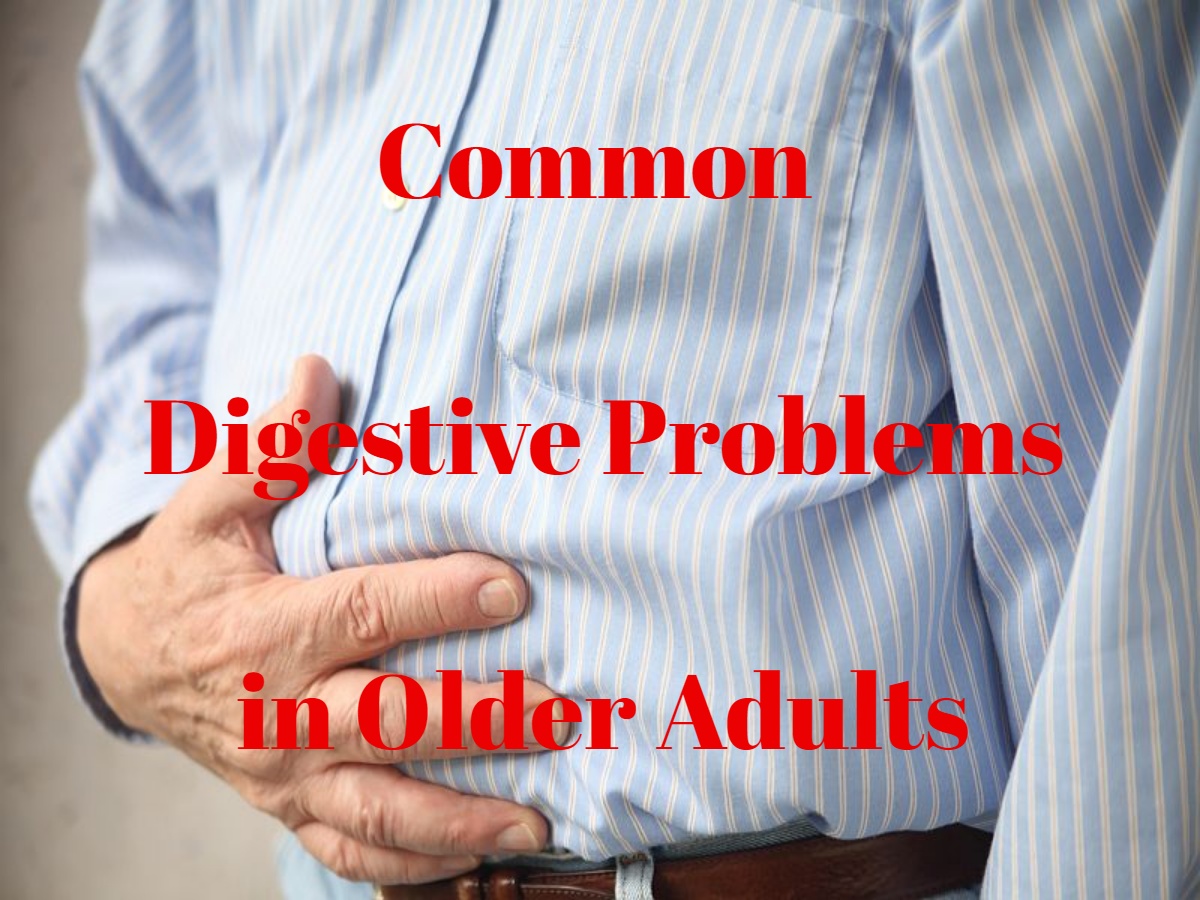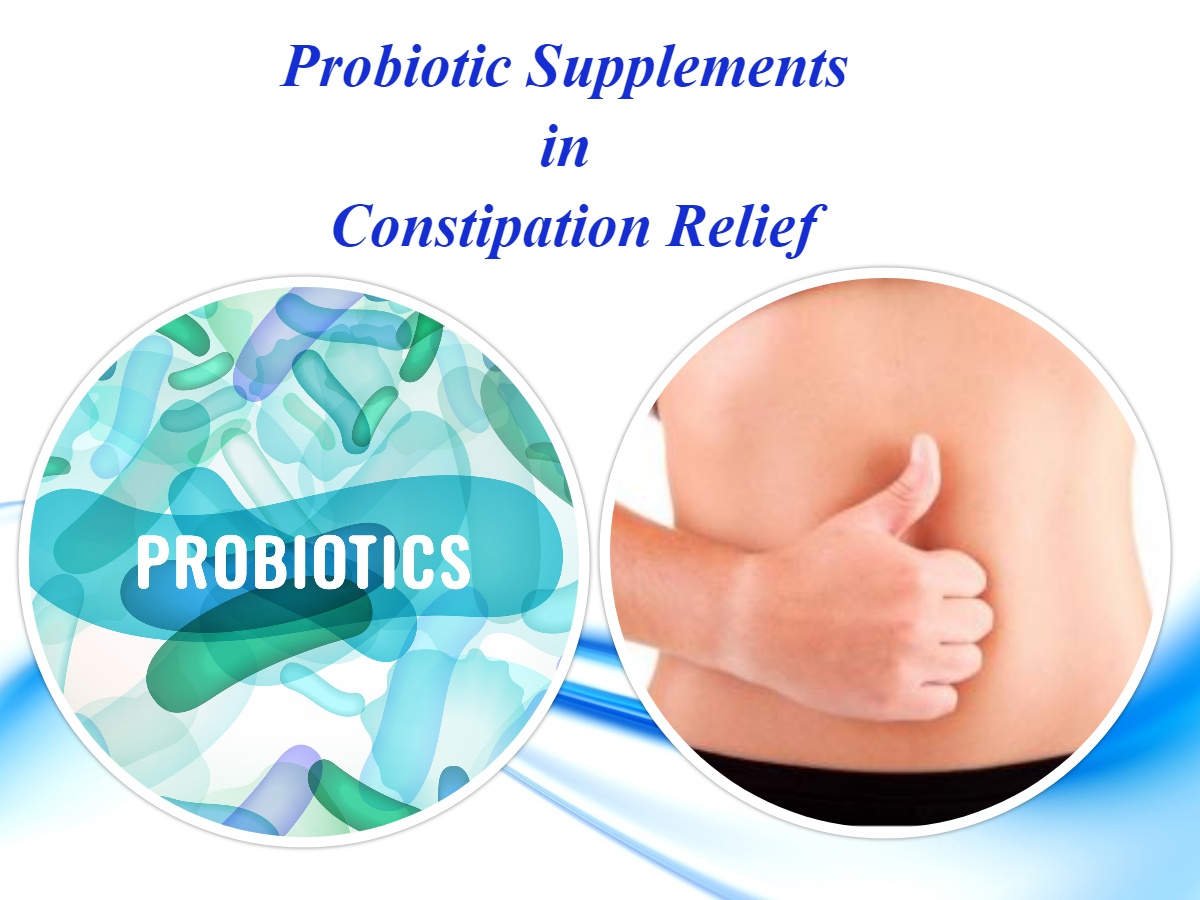Renew Your Body: Discover essential techniques for effective colon detoxification. Enhance your digestive health and overall well-being with natural methods tailored to promote colon detoxification. Say goodbye to toxins and hello to a healthier you!
Table of Contents
Introduction to Colon Detoxification
What is Colon Detoxification?
There are several methods for colon detoxification, including:
- Dietary Changes: Incorporating high-fiber foods, such as fruits, vegetables, and whole grains, into one’s diet to improve digestion and facilitate the removal of waste.
- Increased Water Intake: Drinking plenty of water to help hydrate the body and support the natural colon cleansing process.
- Herbal Supplements: Using natural herbs and supplements, like psyllium husk, senna, and flaxseed, which act as natural laxatives and can help stimulate bowel movements.
- Colon Hydrotherapy (Colonic Irrigation): A professional procedure where a healthcare practitioner flushes the colon with water through a tube inserted into the rectum to remove waste.
- Probiotics: Introducing beneficial bacteria into the diet through probiotic supplements or fermented foods to maintain a healthy balance in the gut microbiome, aiding in digestion and detoxification.
Importance of Cleansing Your Colon
- Improves Digestive Function: Regular colon cleansing helps in clearing blockages, allowing for better absorption of nutrients and more efficient digestion. This can reduce issues like constipation, bloating, and gas.
- Boosts Energy Levels: Accumulation of toxins in the colon can affect your energy levels. By cleansing the colon and eliminating these toxins, many people experience a boost in energy and vitality.
- Supports Overall Health: The removal of toxins and waste from the colon can enhance the function of the immune system. A clean colon allows for the unobstructed absorption of vitamins, minerals, and nutrients, bolstering the body’s defenses against illnesses.
- Promotes Weight Loss: Cleansing the colon can help kick-start weight loss. By removing waste material from the digestive system, individuals often report a reduction in bloating and a more efficient metabolic process.
- Improves Mental Clarity: The buildup of toxins in the colon can negatively impact mental health, leading to issues like lethargy and lack of focus. Colon cleansing has been linked to improved mental clarity, better concentration, and a positive outlook on life.
- Prevents Constipation and Maintains Regularity: Chronic constipation can lead to the buildup of harmful toxins in the body. Colon cleansing helps maintain regular bowel movements, preventing constipation and its associated discomforts.
- Reduces Risk of Colon Cancer: Regular detoxification of the colon can reduce the risk of colon cancer by removing toxins and substances that could potentially lead to cancerous growths in the colon and digestive tract.
- Enhances Skin Health: The skin often reflects the body’s internal health. By eliminating toxins from the colon, you can potentially reduce acne, rashes, and other skin problems, leading to clearer and healthier skin.
Recognizing the Need for a Detox
Recognizing the need for a detox, particularly a colon detox, involves being attentive to your body’s signals that suggest an accumulation of toxins and waste. These signs can vary from person to person but typically include a range of symptoms that indicate your digestive system may be functioning suboptimally. Understanding and identifying these signals is key to determining when your body might benefit from a detoxification process. Here are some common signs that suggest your colon may need cleansing:
- Bloating and Gas: Frequent bloating or gas, especially after eating, can indicate that your digestive system is struggling to process food efficiently.
- Constipation: This is one of the most straightforward signs that your colon may be clogged. Difficulty in passing stools or having fewer bowel movements than normal can suggest a need for detoxification.
- Fatigue and Low Energy: If you’re constantly feeling tired or have low energy levels despite getting enough sleep, it could be due to the toxins affecting your body’s natural functions.
- Unexplained Weight Gain: Difficulty in losing weight or sudden weight gain without a change in diet or exercise routine might be related to a sluggish digestive system.
- Skin Problems: Toxins building up in the body can also manifest externally, leading to skin issues such as acne, breakouts, or a dull complexion.
- Mood Swings and Irritability: The gut is often referred to as the “second brain,” and its health can significantly impact your mood and mental well-being.
- Bad Breath: Persistent bad breath, not related to dental issues, can be a sign of a backed-up colon, where toxins are being released back into the bloodstream.
- Headaches: Frequent headaches or a foggy mind can also be symptoms related to the accumulation of toxins in your body.
Recognizing these signs is crucial for taking timely action to support your body’s health. A colon detox can help alleviate these symptoms by removing waste material, promoting healthy bowel movements, and improving your body’s absorption of nutrients. This, in turn, can lead to improved energy levels, better digestion, weight management, clearer skin, and an overall sense of well-being.
Essential Techniques for Colon Detoxification
Essential techniques for colon detoxification focus on natural and holistic approaches to cleanse the colon and improve overall digestive health. These methods can help eliminate toxins, enhance nutrient absorption, and boost your energy levels. Here are some key techniques to consider for an effective colon detox:
- Dietary Changes:
- Increase Fiber Intake: Consuming a diet high in fiber is crucial for colon health. Fiber helps move waste through your digestive system and prevents constipation. Include plenty of fruits, vegetables, whole grains, and legumes in your diet.
- Stay Hydrated: Drinking sufficient water is essential for detoxification. Water aids in the digestion process and helps flush toxins out of the body. Aim for at least 8 glasses of water daily.
- Limit Processed Foods: Processed and high-fat foods can slow down digestion and contribute to the build-up of toxins. Opt for whole, nutrient-dense foods instead.
- Herbal Supplements:
- Psyllium Husk: This fiber supplement acts as a natural laxative and can help improve bowel movements and eliminate toxins.
- Senna: Known for its laxative properties, senna can be effective for short-term detoxification but should be used with caution due to potential side effects.
- Milk Thistle: This herb is believed to support liver function, an essential organ in the body’s detoxification process.
- Colon Hydrotherapy (Colonic Irrigation):
- This procedure involves flushing the colon with filtered water through a tube inserted into the rectum. It can remove waste and toxins directly from the colon. Colon hydrotherapy should be performed by a certified practitioner to ensure safety.
- Probiotics:
- Adding probiotics to your diet can help maintain a healthy balance of gut bacteria, which is vital for digestion and the immune system. Probiotics can be found in fermented foods like yogurt, kefir, and sauerkraut, or taken as supplements.
- Physical Activity:
- Regular exercise stimulates the natural peristalsis of the digestive tract, helping to move waste through your system more efficiently. Aim for at least 30 minutes of moderate exercise most days of the week.
- Detox Drinks and Smoothies:
- Consuming detox drinks or smoothies made with ingredients like lemon, ginger, cucumber, and leafy greens can provide your body with essential nutrients and aid in the detoxification process.
- Mindful Eating:
- Paying attention to your eating habits, such as chewing food thoroughly and eating slowly, can improve digestion and the efficiency of waste removal.
Essential Techniques for Colon Detoxification
Essential techniques for colon detoxification focus on natural and holistic approaches to cleanse the colon and improve overall digestive health. These methods can help eliminate toxins, enhance nutrient absorption, and boost your energy levels. Here are some key techniques to consider for an effective colon detox:
- Dietary Changes:
- Increase Fiber Intake: Consuming a diet high in fiber is crucial for colon health. Fiber helps move waste through your digestive system and prevents constipation. Include plenty of fruits, vegetables, whole grains, and legumes in your diet.
- Stay Hydrated: Drinking sufficient water is essential for detoxification. Water aids in the digestion process and helps flush toxins out of the body. Aim for at least 8 glasses of water daily.
- Limit Processed Foods: Processed and high-fat foods can slow down digestion and contribute to the build-up of toxins. Opt for whole, nutrient-dense foods instead.
- Herbal Supplements:
- Psyllium Husk: This fiber supplement acts as a natural laxative and can help improve bowel movements and eliminate toxins.
- Senna: Known for its laxative properties, senna can be effective for short-term detoxification but should be used with caution due to potential side effects.
- Milk Thistle: This herb is believed to support liver function, an essential organ in the body’s detoxification process.
- Colon Hydrotherapy (Colonic Irrigation):
- This procedure involves flushing the colon with filtered water through a tube inserted into the rectum. It can remove waste and toxins directly from the colon. Colon hydrotherapy should be performed by a certified practitioner to ensure safety.
- Probiotics:
- Adding probiotics to your diet can help maintain a healthy balance of gut bacteria, which is vital for digestion and the immune system. Probiotics can be found in fermented foods like yogurt, kefir, and sauerkraut, or taken as supplements.
- Physical Activity:
- Regular exercise stimulates the natural peristalsis of the digestive tract, helping to move waste through your system more efficiently. Aim for at least 30 minutes of moderate exercise most days of the week.
- Detox Drinks and Smoothies:
- Consuming detox drinks or smoothies made with ingredients like lemon, ginger, cucumber, and leafy greens can provide your body with essential nutrients and aid in the detoxification process.
- Mindful Eating:
- Paying attention to your eating habits, such as chewing food thoroughly and eating slowly, can improve digestion and the efficiency of waste removal.
Lifestyle Changes for Optimal Colon Health
Adopting lifestyle changes for optimal colon health is essential for maintaining a well-functioning digestive system, which is crucial for the overall health and well-being of the entire body. By integrating specific habits into your daily routine, you can support your colon’s health, facilitating the natural detoxification process and enhancing nutrient absorption. Here are key lifestyle changes to consider:
- Maintain a High-Fiber Diet:
- A diet rich in fruits, vegetables, whole grains, and legumes provides the necessary fiber to promote healthy bowel movements and prevent constipation. Fiber helps to keep the colon clean by moving waste through your digestive system more efficiently.
- Stay Hydrated:
- Drinking enough water is critical for colon health. Water helps to dissolve fiber and enables it to more easily pass through your system. Aim for at least 8 glasses of water a day, or more if you are active or live in a hot climate.
- Limit Intake of Processed Foods and Red Meat:
- Processed foods and high amounts of red meat can contribute to colon blockage and increase the risk of colon disorders. Focus on a diet that emphasizes whole, plant-based foods and lean proteins.
- Regular Exercise:
- Physical activity increases blood flow and circulation throughout the body, including the digestive system. This can help to encourage more regular bowel movements and reduce the risk of colon cancer.
- Avoid Smoking and Limit Alcohol Consumption:
- Smoking and excessive alcohol consumption can harm colon health, increasing the risk of colon cancer and other digestive disorders. Quitting smoking and moderating alcohol intake can significantly benefit your colon and overall health.
- Practice Stress Reduction Techniques:
- Chronic stress can negatively affect your digestive system, leading to issues like increased inflammation and a higher risk of digestive disorders. Incorporating stress-reduction practices such as meditation, yoga, deep breathing exercises, or spending time in nature can help maintain a healthy digestive system.
- Get Adequate Sleep:
- Sleep is crucial for the body’s healing and repair processes, including those of the digestive system. Aim for 7-9 hours of quality sleep per night to support overall health and well-being.
- Use Probiotics:
- Probiotics help to balance the gut microbiome, which is vital for digestion and colon health. Include probiotic-rich foods like yogurt, kefir, sauerkraut, and kimchi in your diet, or consider taking a probiotic supplement.
- Mindful Eating:
- Pay attention to your body’s hunger signals and eat mindfully. Eating slowly and chewing your food thoroughly can improve digestion and nutrient absorption, reducing the risk of digestive discomfort.
- Regular Health Check-ups:
- Regular screenings and check-ups can help detect potential issues early, including colon polyps or colon cancer, which are more treatable when found early.
Precautions and Considerations
When considering colon detoxification or adopting lifestyle changes for optimal colon health, it’s crucial to approach these processes with awareness and caution. Here are some important precautions and considerations to keep in mind:
- Consult with a Healthcare Professional: Before starting any detox regimen or making significant changes to your diet or lifestyle, especially if you have existing health conditions or are taking medication, it’s important to consult with a healthcare professional. They can provide personalized advice and ensure that your plans are safe and appropriate for your health status.
- Be Wary of Quick Fixes: Be cautious of detox programs or products that promise quick and dramatic results. Effective and safe detoxification is a gradual process that involves supporting the body’s natural systems.
- Listen to Your Body: Pay attention to how your body responds to different foods and lifestyle changes. What works well for one person may not be suitable for another. If you experience adverse effects, reconsider your approach and consult a healthcare professional.
- Hydration is Key: When increasing fiber intake as part of improving colon health, it’s essential to also increase water consumption. Fiber works best when it absorbs water, which helps to prevent constipation and maintain healthy bowel movements.
- Avoid Overuse of Laxatives: While laxatives can be helpful for occasional constipation, overusing them (especially stimulant laxatives) can lead to dependency and harm the colon’s natural ability to contract.
- Colon Hydrotherapy Considerations: If opting for colon hydrotherapy, ensure it’s performed by a qualified and experienced practitioner. There’s a risk of infection, bowel perforation, and electrolyte imbalance if the procedure isn’t done correctly.
- Natural Doesn’t Always Mean Safe: Natural supplements and herbs can interact with medications and may not be safe for everyone, including pregnant or breastfeeding women. Research and consult with a healthcare provider before adding any new supplements to your regimen.
- Balance and Moderation: While adopting lifestyle changes for better colon health, aim for balance and moderation in your diet and activities. Extreme dietary restrictions or excessive exercise can be counterproductive and harm your health.
- Regular Medical Screenings: Don’t rely solely on detoxification practices for colon health. Participate in recommended medical screenings, such as colonoscopies, especially if you’re over 50 or have a family history of colon cancer. These screenings are crucial for early detection of potential issues.
- Mental and Emotional Health: Remember that your mental and emotional well-being is just as important as your physical health. Stress can impact digestive health, so incorporate stress-reduction techniques and activities that promote mental health into your routine.
Conclusion
Colon detoxification is a crucial aspect of maintaining overall health and well-being. By incorporating the techniques discussed, you can support your body’s natural detoxification processes, leading to a healthier, more vibrant life.
FAQs
- What is the best time to perform a colon detox?
- Can colon detoxification help with weight loss?
- How often should I detox my colon?
- Are there any side effects to colon cleansing?
- Can I detox my colon naturally without supplements or treatments?









